FranLab: Where Music and Electronics Merge
September 01, 2023
on
on
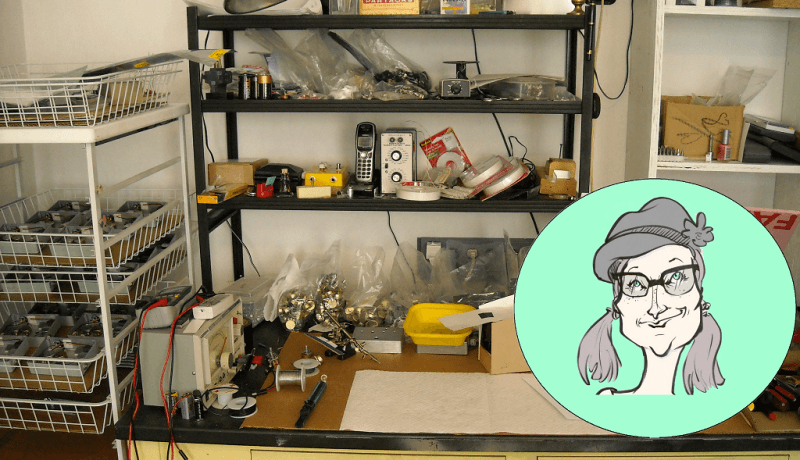
Discover the remarkable journey of Fran Blanche (FranLab), an electronics pioneer whose passion for tinkering and exploring the world of circuits ignited at a young age. In this interview, Fran shares insights into her early projects, the founding of Frantone Electronics, and her unique perspective on the intersection of music, electronics, and making.
Tell us about your background. What initially sparked your interest in electronics?
Fran Blanche: My curiosity about what electronics were and what it all could mean developed over a long period of time, but it goes back to the late 1970s. I always took things apart, and as a kid, I was fascinated by the tiny worlds on circuit boards. This was back in the very discrete era of electronics when a transistor radio was just that — all transistors — and the resistors and capacitors were all crammed on single sided boards. It was all right out in the open and no mysterious chips or microscopic components. If everyone today could start out with that kind of experience, we would have a lot more people wanting to explore the hardware side of electronics.
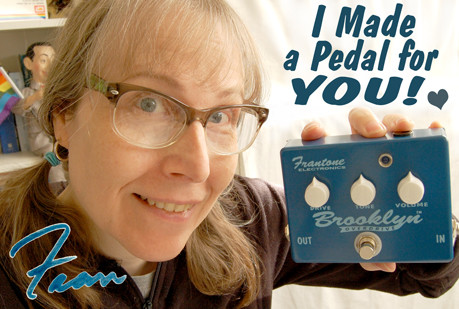
What were some of your early projects or experiences in electronics that played a significant role in shaping your career?
Fran: It began with my finding Mr. Wizard's Experiments In Electronics in the local variety store back around 1977. That kit really got me interested in the possibilities of electronics, so and my parents got me a Heathkit clock in 1978, and building that clock was my first official electronics project. Part of the Heathkit package was a free soldering lesson at the Heathkit store, and that visit introduced me to the world of disgruntled engineers - a long story in itself.
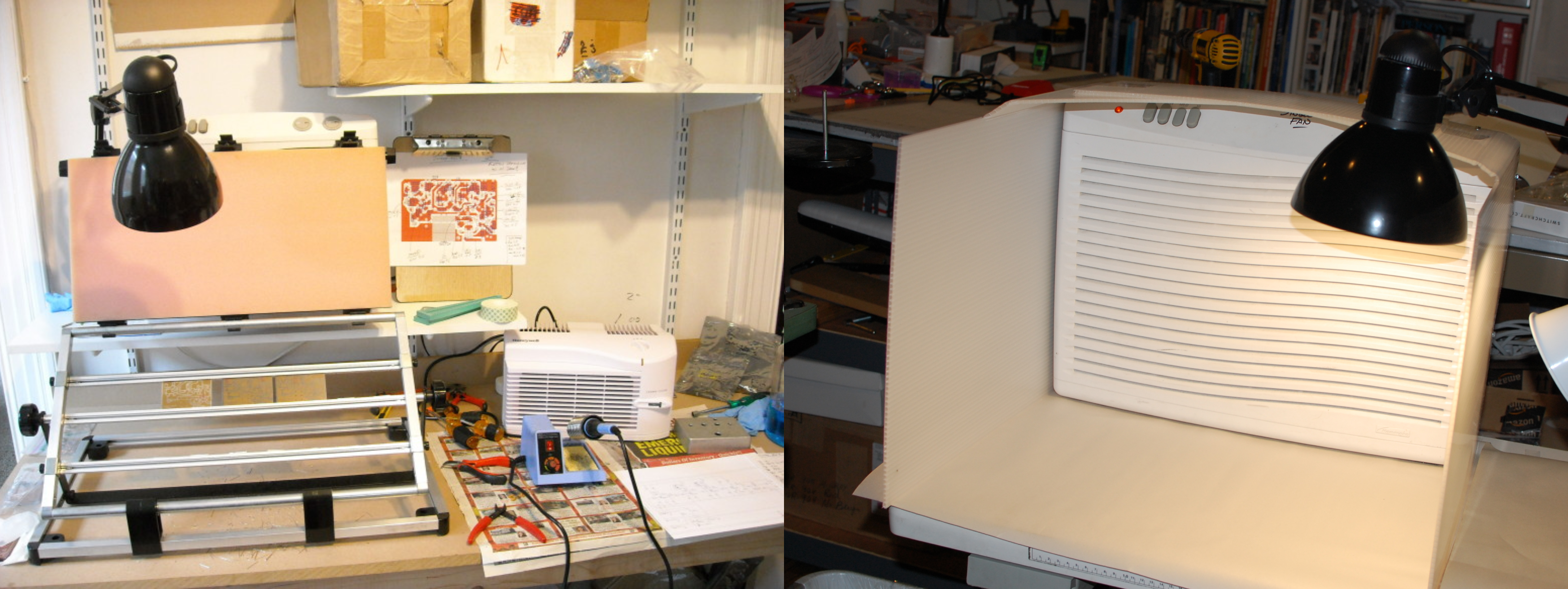
Fran: My audio compressors were a challenge to design because I was unhappy with the response of the optocouplers that were commercially available, so I had to design and manufacture my own. Setting up a process to make these components by hand in a consistent way was another level of challenge, but the end results were very satisfactory. The Sandwich and Sputnik pedals that came out of this R&D are I think my best achievements.
Can you share the inspiration behind starting Frantone Electronics and becoming one of the world's first boutique guitar effects companies?
Fran: There was really no inspiration at all in the founding of Frantone — It was simply an opportunity that presented itself, and I had no idea what it would mean for me in terms of work, cost, suffering, struggle, or the realities of the music business. I really had no idea what I was doing or getting myself into. It is one of those situations where once you get deep in the debt and obligations of a business you simply have to solve problems, do what is necessary, and see it through. For myself, that process took decades to play out.
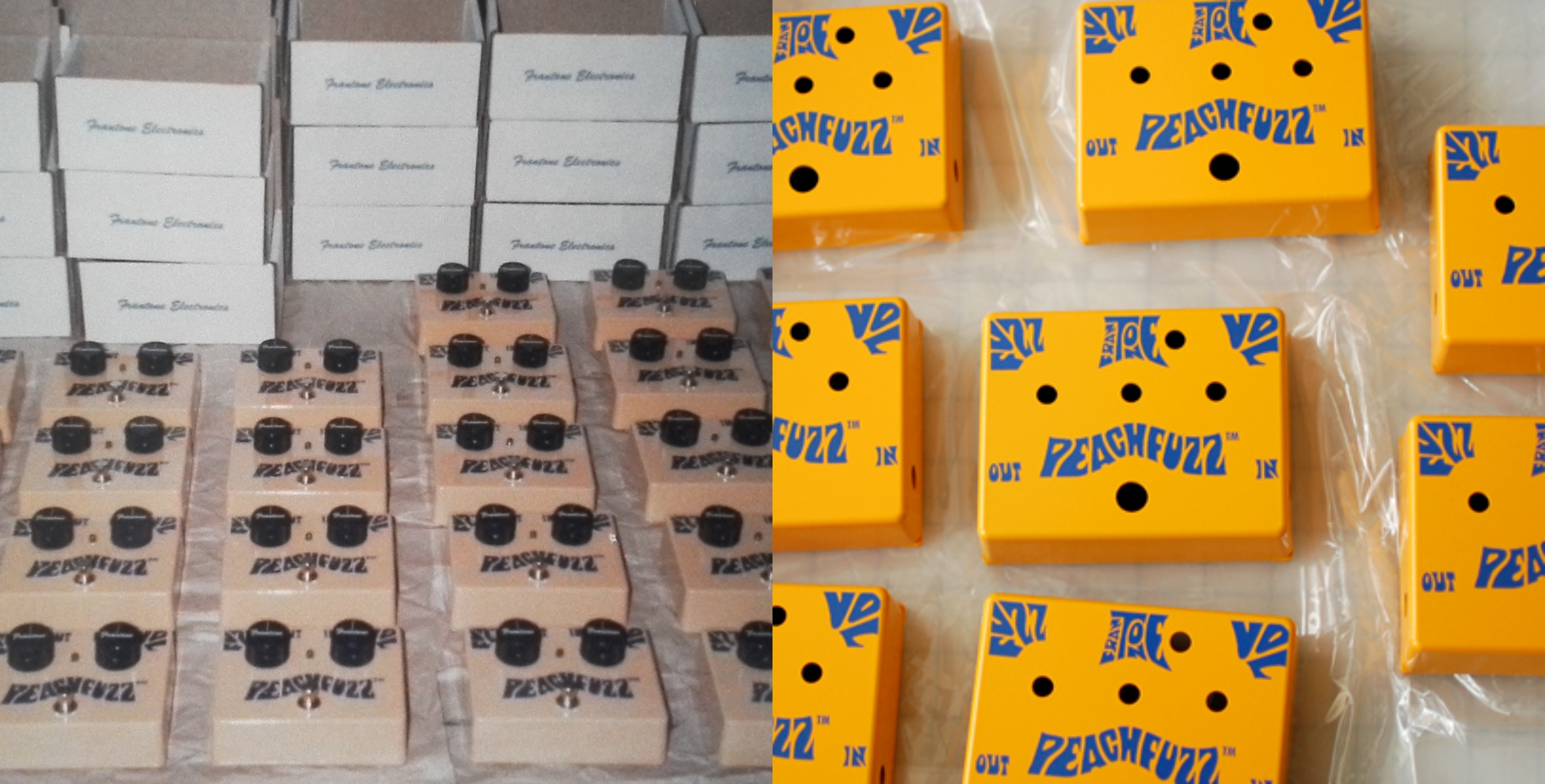
Do you enjoy learning about where other engineers and makers work on electronics projects? Take a look at these electronics workspaces.
Your YouTube channel, FranLab, showcases a wide range of topics, from vintage electronics to the making and maintenance of your pedals. How does this channel align with your passion for music and electronics?
Fran: My YouTube channel is an unusual one because it does not follow a specific theme or style for content. It makes me an outlier in that world, and honestly, keeping the channel going and keeping people interested in what I publish is more of a challenge for me than my peers, simply because the scope of what I do and talk about is very wide and multilayered. This is contrary to how channels are promoted in the system, and as such, the algorithm is not my friend.
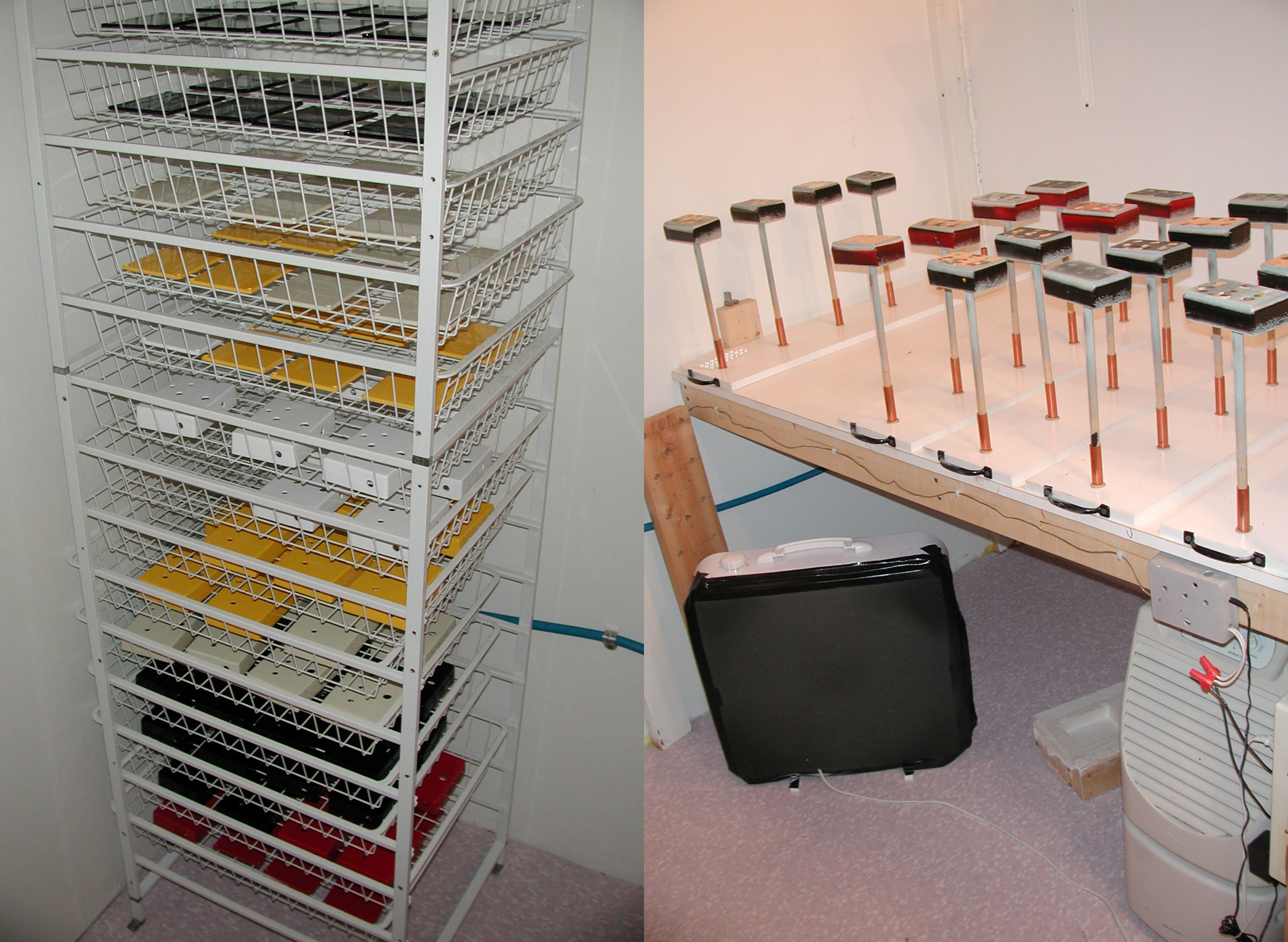
Fran: Well, that is very time-dependent because I have had four different primary lab set-ups in 4 different locations since I started the channel in 2011. Every property that I have set up in has been sold while I was set up there, and I have been forced out and made to move 4 times in the past 10 years. This has taken quite a toll on me financially and upends my work and channel every few years. When I began making videos, my shop was set up in the basement of the place I was renting at the time, but after I had to move out of there I set up the first dedicated space for making videos and FranLab 1.0 was born. That was the largest space I have had. I expanded into the Phactory back in 2018 when I built my dedicated wood and metal working shop there, and I still have that space for doing loud and dirty work. The current 3.0 lab location is quite cramped compared to the 2.0 space and not really ideal for what I have to do, but ever since the 1.0 lab I have been forced to cram into smaller and smaller spaces with each move. The wide open industrial spaces that I was used to renting for decades (going back to the 90s in Brooklyn) are now all a thing of the past. All of those properties got flipped and made into condos over the years. It is very difficult to do what I do in the 2020s, since the real estate that you really need to rent to do this kind of thing simply no longer exists on the East Coast. It is a big problem.
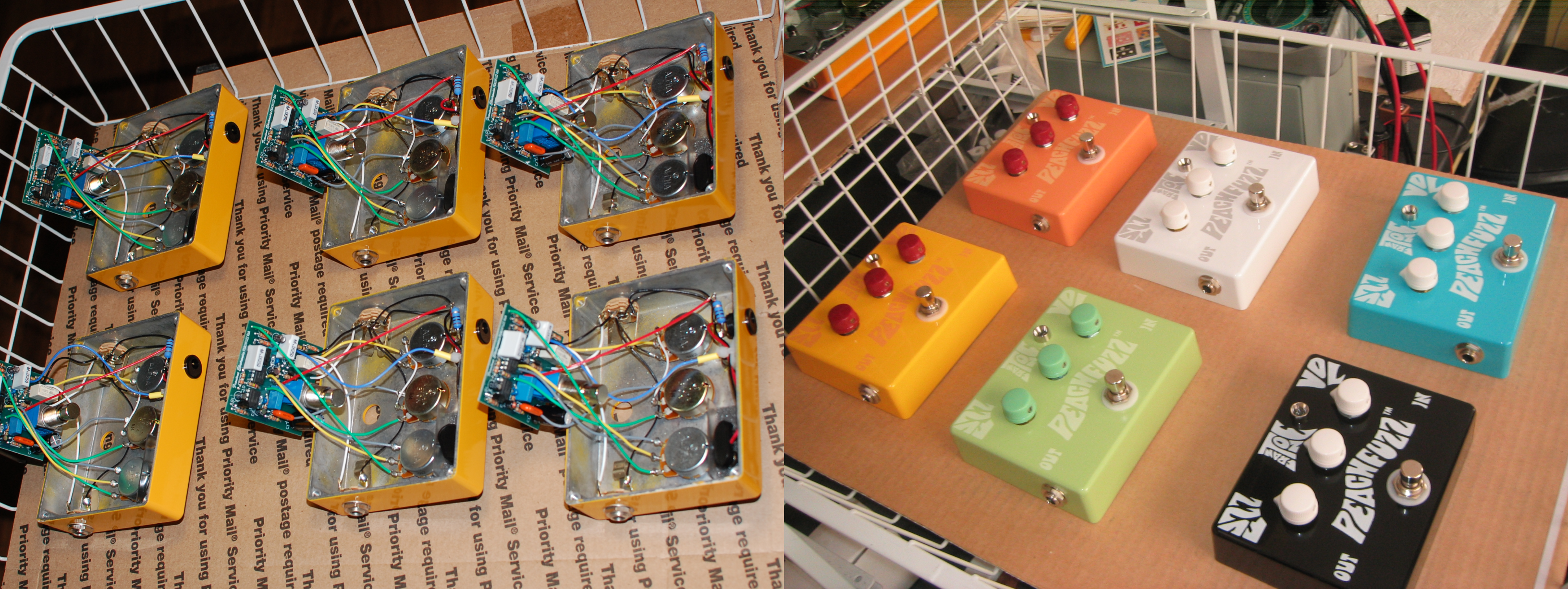
Fran: The downsizing of floor space into more inconvenient and less ideal configurations has been an increasing challenge for FranLab since the 1.0 space. This current iteration took the longest to plan out because in the last move I had to get all of the workstations, equipment, parts, and supplies of the 2.0 lab into a space that was 30% smaller.
What sort of equipment and tools do you have in your space? Can you tell us how and where you store the equipment and tools?
Fran: I keep equipment to a minimum and only keep on hand tools and devices that I really need to use on a regular basis. An EEVBlog DMM, an analog Tektronix 564B scope and a slew of signal generators are the basics of my workbench.
What do you consider to be your most important or valued piece of equipment or tool? And why?
Fran: A good multimeter is the go-to tool of any electronics workbench, and if you're doing analog hardware design, then R/C substitution boxes are the most appreciated tools in my experience. I also have always kept sets of hemostats on my bench, and I find that they are invaluable in doing any kind of electronics work.
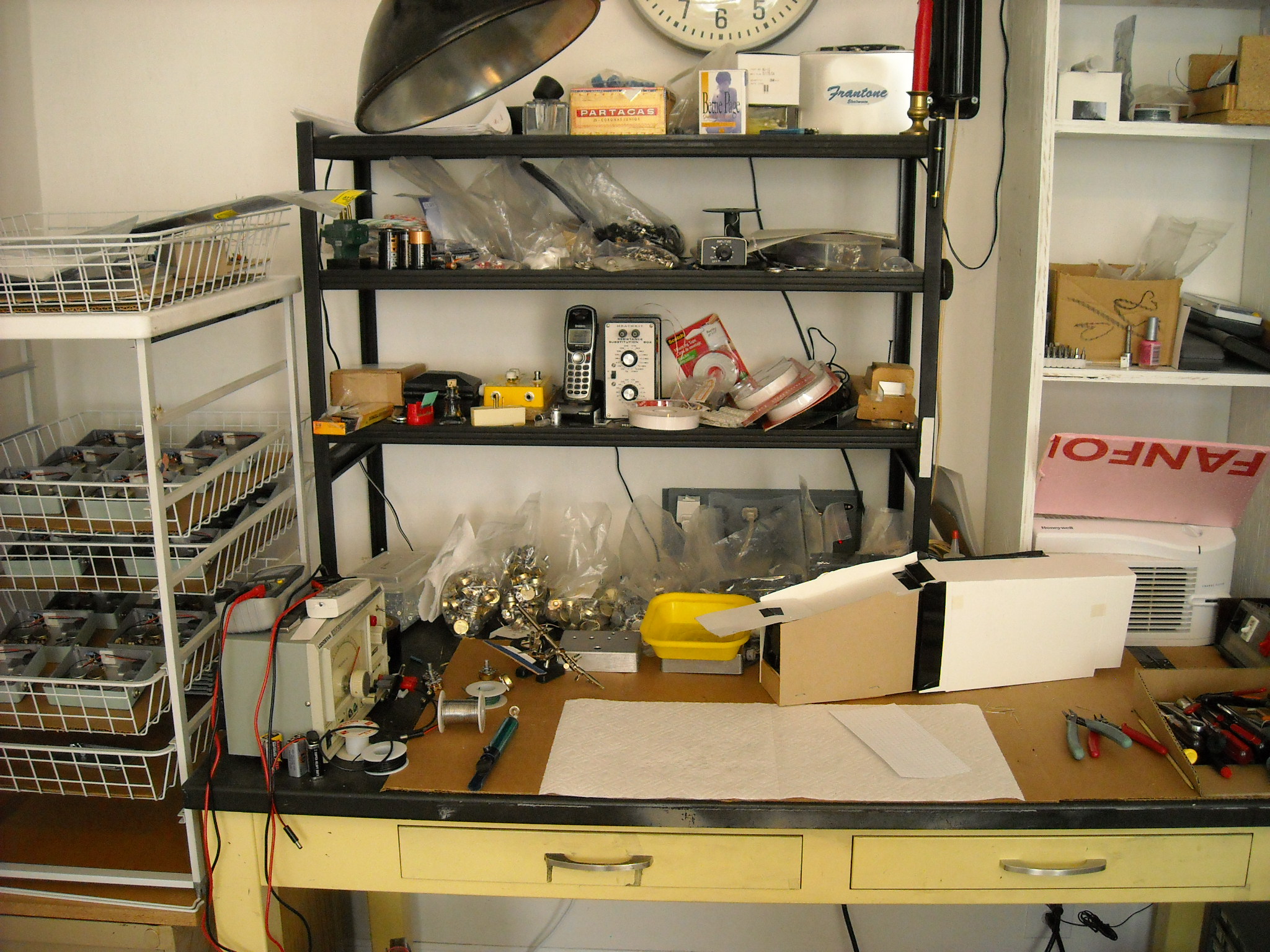
Fran: Nothing special about my space these days, really.
Are you currently working on an electronics or programming project?
Fran: I am determined not to have to learn another programming language in my lifetime, but that is probably a fool's errand. As for hardware, there are many projects that got shelved when I had to move out of the 1.0 lab, and my stay in the 2.0 was too short to even catch up to where I was in the 1.0 — so these days I have dozens of unfinished projects in bins all waiting for me to have the time to get back to them. Many years worth of projects are in limbo.
As a Senior Member of the IEEE, how has your involvement in the organization impacted your professional growth and contributions to the field of electronics?
Fran: The IEEE is a very large and vast community of engineers. So much so that someone such as myself with a very unusual job might never find another member whose skills and experience overlap with mine, even esoterically. It is a community, but personal or professional growth for someone such as myself just does not happen through such organizations. I am by nature a solitary person and very much out there on my own, doing my own thing, and even among my closest peers I find that what I do is unique.
Fran: Honestly, I hope that young makers will think less of software and more of hardware, though I am also a realist. The world of engineering today is very top-heavy with coders, and the core elements of all things in our world, such as materials science, chemistry, and basic hardware development, are falling away as attractors for younger people. I go back to my beginnings opening up 60s and 70s era radios and clocks and contrast that with what a young person would find opening up a modern piece of tech — if they can even get it open. I do not think that the kind of awe, wonder, and pure curiosity that I experienced in my youth exploring those electronic and mechanical things is even possible today. Furthermore, I also think that an individual's early experiences set the arc of who they will become and the things that they will be passionate about, so getting kids interested in these things when they are still kids is the key to the future.
&start=168
&start=168Where Do You Design and Test Electronics? Show off Your Workspace!
Would you like to share details about your workspace with Elektor's global community of engineers, students, and makers? Take a few minutes to fill out this form so our editors can get in touch with you!Read full article
Hide full article

About Alina Neacsu
Alina Neacsu is an engineer and Editor at Elektor. She holds a BE from the University POLITEHNICA of Bucharest and an MS from RWTH Aachen University. >>



Discussion (0 comments)